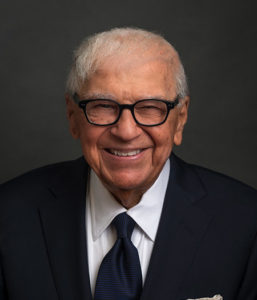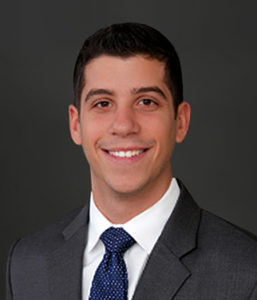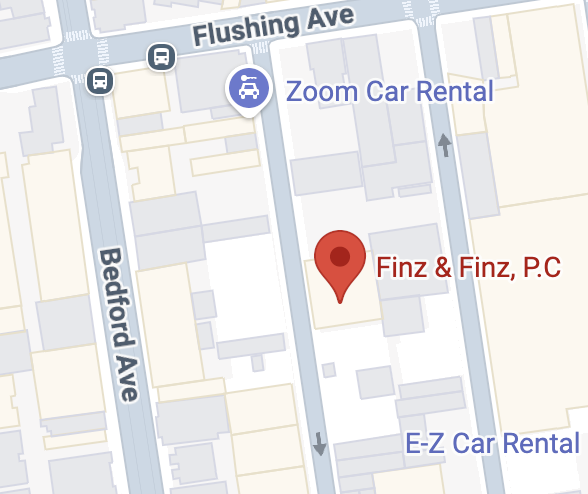
Anesthesiologists are required to adhere to the standard of care and closely monitor patients while they are under anesthesia. Anesthesiologists are also required to adjust anesthesia for every patient with their medical history in mind. They are also expected to make sure that post-anesthetic care is properly administered. When an anesthesiologist or a nurse anesthetist fails at these duties, anesthesia malpractice can occur.
If an anesthesiologist is negligent and makes an error during surgery, the patient can experience serious pain and may be left with brain damage, nerve damage, post-traumatic stress disorder, or a number of other severe injuries. While the chances of an anesthesia mistake occurring during surgery are relatively slim, thousands of people every year experience anesthesia awareness. This is a frightening condition where they are awake but unable to move or tell the doctor they are in pain. Furthermore, there are anesthesia-related deaths each year, many of which could have been prevented with reasonable care.
Anesthesiologists are part of your medical team, and they are required to provide you with a standard level of care. No matter how minor your procedure may have been, if anesthesia was involved, there is a level of risk that needs to be taken into account. If you have been injured as a result of anesthesia errors, call the experienced and compassionate New York anesthesia malpractice lawyers of Finz & Finz, P.C. Our skilled attorneys can help you get the full and fair compensation you deserve. Call (855) TOP-FIRM now for a free, no-obligation consultation.
What Is Anesthesia?
Anesthesia is intended to keep you comfortable and without pain during a surgical procedure. Anesthesia blocks pain sensations.
The three main types of anesthesia are:
- General – the patient is completely unconscious
- Local – anesthesia is applied to a small portion of the patient’s body
- Regional – only a part of the body is anesthetized, such as a spinal block
While anesthesia is used in many hospitals and medical facilities, it’s not without its risks. Errors can be made during or after the administration of anesthesia. These mistakes might be the grounds for a lawsuit against the liable parties.
Anesthesia Malpractice Examples
The following examples of anesthesia malpractice occur before and during a surgical procedure:
- Oversedation (giving you too much anesthesia)
- Undersedation (giving you too little anesthesia)
- Administering the wrong type of anesthesia
- Incorrect dose of anesthesia
- Failure to monitor you for an allergic reaction
- Failure to monitor your breathing, blood pressure, and other vital signs
- Failure to take your medical history or current condition into account
- Damaging the retina while injecting anesthesia during the eye surgery
- Causing nerve damage when administering anesthesia
- Suffering a heart attack while under anesthesia
- Suffering a stroke while under anesthesia
- Inhaling liquids into your lungs while under anesthesia
- Failure to protect you from falls from the operating table while under anesthesia
- Malfunction of medical equipment
- Communication errors among surgical staff
- Failure to refill anesthetic machine vaporizers
- Inadequate training
- Using defective equipment
- Delaying the delivery of anesthesia
- Failing to recognize adverse drug reactions
- Ignoring the effects of patient positioning
- Failing to provide instruction to the patient after surgery
Anesthesia Malpractice Injuries
Some of the most serious consequences of anesthesia overdose include brain injury, coma, paralysis, and death. Anesthesia malpractice can result in:
- Heart attack
- Cardiac arrest
- Stroke
- Asphyxia
- Traumatic brain injury (TBI)
- Spinal cord injury
- Birth defects
- Broken bones
- Nerve damage
- Paralysis
- Coma
One of the scariest injuries is the sensation of pain during surgery. If an inadequate amount of anesthesia is administered, the patient may feel pain during surgery. This is known as “anesthesia awareness” when the patient becomes conscious during surgery and is aware of what is happening to them, but they cannot react. Anesthesia awareness can result in post-traumatic stress disorder (PTSD), sleep disorders, and other serious psychological issues.
What Are The Symptoms and Side Effects Of Too Much Anesthesia?
An overdose of anesthesia can lead to a number of side effects, including vomiting, nausea, respiratory distress, seizures, hallucinations, dementia, physical impairment, mental impairment, hypothermia, and prolonged unconsciousness.
In general, patients who suffer an allergic reaction from anesthesia will have symptoms, including a rash, hives, shortness of breath, coughing, swelling around the eyes or lips, itchy skin, and a drop in blood pressure.
What Types of Compensation Am I Entitled To?
If you or someone you love been injured because of an anesthesiologist’s negligence, you might be entitled to financial compensation for:
- Medical expenses (past and future)
- Long-term medical care
- Physical therapy
- Permanent disability
- Disfigurement
- Mental impairment
- Loss of earning capacity
- Loss of companionship
If you suffered injuries as a result of anesthesia malpractice, you have the right to receive compensation for your injuries. Contact the experienced medical malpractice attorneys at Finz & Finz, P.C. to learn more about your rights and how you can receive justice and compensation.
Who Is Responsible For Anesthesia Malpractice?
Anesthesiologists are usually independent, licensed professionals who contract with the hospital for their services. Anesthesiologists typically carry their own malpractice insurance. A negligence claim may be filed directly against the anesthesiologist. However, it may also include negligence on the part of the surgical staff or the hospital. The experienced medical malpractice lawyers at Finz & Finz, P.C. on Long Island will fully investigate and file a lawsuit against each party who is liable for your injuries.
Contact a New York Medical Malpractice Attorney
If you or a loved one has suffered a serious injury due to anesthesiology malpractice, contact the New York medical malpractice lawyers at Finz & Finz, P.C. on Long Island, today at (855) TOP-FIRM. Our highly skilled and compassionate lawyers will explain your legal options during a free initial consultation. Call now or fill out our medical malpractice case evaluation form.





























